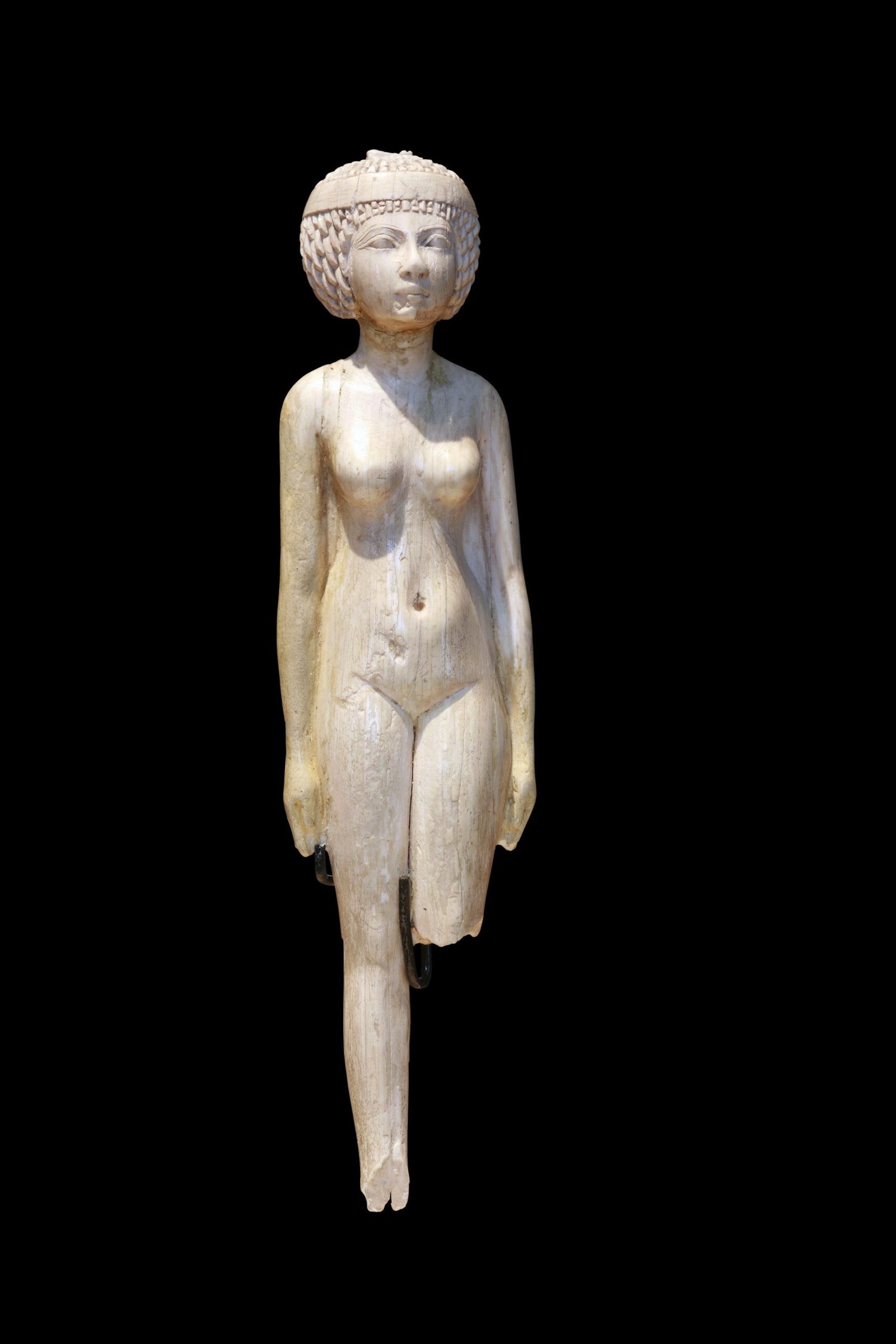The Louvre Museum controversy Elgin Marbles refers to the ongoing dispute over the ownership and repatriation of ancient Greek sculptures, known as the Elgin Marbles. These marble sculptures, originally part of the Parthenon in Athens, were removed by Lord Elgin in the early 19th century and are now housed in the British Museum. The controversy involves complex legal, ethical, and cultural debates between Greece and the United Kingdom, with implications for museums worldwide, including the Louvre.
What is the Historical Background of the Elgin Marbles Controversy?

The Elgin Marbles controversy has its roots in the early 19th century when Lord Elgin, then British Ambassador to the Ottoman Empire, removed a significant portion of the Parthenon sculptures from Athens. This action has sparked a centuries-long debate about cultural heritage, ownership, and repatriation.
Key historical points include:
- 1801-1812: Lord Elgin removes the marbles from the Parthenon
- 1816: British Parliament purchases the marbles for the British Museum
- 1983: Greece officially requests the return of the marbles
- 2009: New Acropolis Museum opens in Athens, designed to house the complete Parthenon sculptures
How Does the Louvre Museum Relate to the Elgin Marbles Controversy?

While the Louvre Museum in Paris does not house the Elgin Marbles, it is indirectly involved in the controversy due to its status as a major global museum and its own collection of ancient Greek artifacts. The Louvre’s stance on repatriation and cultural heritage preservation influences the broader debate.
Louvre’s involvement includes:
- Participating in international discussions on museum ethics and repatriation
- Collaborating with Greek museums for exhibitions and cultural exchanges
- Serving as a model for displaying and preserving ancient artifacts
What Are the Legal Arguments Surrounding the Elgin Marbles?
The legal debate over the Elgin Marbles is complex and multifaceted:
| Argument for British Museum | Argument for Greece |
|---|---|
| Lord Elgin obtained permission from Ottoman authorities | The Ottoman firman did not grant authority for removal |
| The marbles were legally purchased by the British Parliament | The removal was an act of cultural theft |
| The British Museum Act of 1963 prohibits deaccessioning | International law supports the return of cultural property |
How Has Public Opinion Evolved on the Elgin Marbles Issue?
Public opinion on the Elgin Marbles has shifted significantly over time:
- 19th Century: Generally supportive of British acquisition
- Mid-20th Century: Growing awareness of cultural heritage issues
- Late 20th Century: Increased support for repatriation
- 21st Century: Global debate on museum ethics and cultural ownership
Recent polls suggest a majority of British citizens now support returning the marbles to Greece.
What Impact Does the Controversy Have on Museum Practices?
The Elgin Marbles controversy has had far-reaching effects on museum practices globally:
- Increased scrutiny of acquisition policies
- Development of ethical guidelines for cultural property
- Enhanced focus on provenance research
- Greater emphasis on international cooperation and cultural exchanges
Museums like the Louvre have adapted their practices in response to these evolving standards.
How Do Museums Address the Elgin Marbles Controversy in Their Exhibitions?
Museums worldwide, including the Louvre, have developed strategies to address the Elgin Marbles controversy in their exhibitions:
- Contextual information: Providing detailed historical background
- Multiple perspectives: Presenting arguments from various stakeholders
- Interactive displays: Engaging visitors in the debate
- Temporary exhibitions: Exploring themes of cultural heritage and repatriation
- Educational programs: Offering lectures and workshops on the topic
What Are the Potential Solutions to the Elgin Marbles Dispute?
Several potential solutions have been proposed to resolve the Elgin Marbles controversy:
- Full repatriation to Greece
- Shared custody between the UK and Greece
- Creation of a ‘universal museum’ under UNESCO oversight
- Long-term loan agreements
- Digital repatriation through 3D scanning and virtual exhibitions
Each solution presents its own challenges and opportunities for museums like the Louvre to consider in their own practices.
How Does the Elgin Marbles Controversy Affect International Cultural Relations?
The Elgin Marbles dispute has significant implications for international cultural relations:
- Strained diplomatic ties between Greece and the UK
- Increased scrutiny of museum collections worldwide
- Debates on cultural identity and national heritage
- Challenges to the concept of ‘universal museums’
- Opportunities for cultural exchange and collaboration
The Louvre, as a major international museum, plays a role in navigating these complex relationships.
What Lessons Can Be Learned from the Elgin Marbles Controversy?
The ongoing debate over the Elgin Marbles offers several important lessons for museums and cultural institutions:
- The importance of transparent acquisition policies
- The need for ongoing dialogue with source communities
- The value of international cooperation in preserving cultural heritage
- The complexity of balancing national interests with global access to art
- The evolving nature of museum ethics and practices
These lessons continue to shape the policies and practices of museums worldwide, including the Louvre.
How Might Future Technologies Influence the Elgin Marbles Debate?
Emerging technologies could potentially transform the Elgin Marbles controversy:
- 3D printing: Creating exact replicas for display
- Virtual reality: Offering immersive experiences of the Parthenon
- Blockchain: Ensuring transparency in provenance and ownership
- AI-powered research: Uncovering new historical evidence
- Digital archives: Facilitating global access to cultural heritage
Museums like the Louvre are exploring these technologies to enhance visitor experiences and contribute to the ongoing dialogue about cultural heritage.
The Louvre Museum controversy Elgin Marbles debate continues to evolve, challenging museums, governments, and the public to reconsider the role of cultural heritage in our global society. As this complex issue unfolds, it will undoubtedly shape the future of museum practices and international cultural relations for years to come.
References:
- https://antigonejournal.com/2023/12/elgin-marbles-debate/
- https://policyexchange.org.uk/publication/the-elgin-marbles/
- https://lordslibrary.parliament.uk/elgin-marbles-uk-government-assessment-of-loaning-the-sculptures-to-greece/

